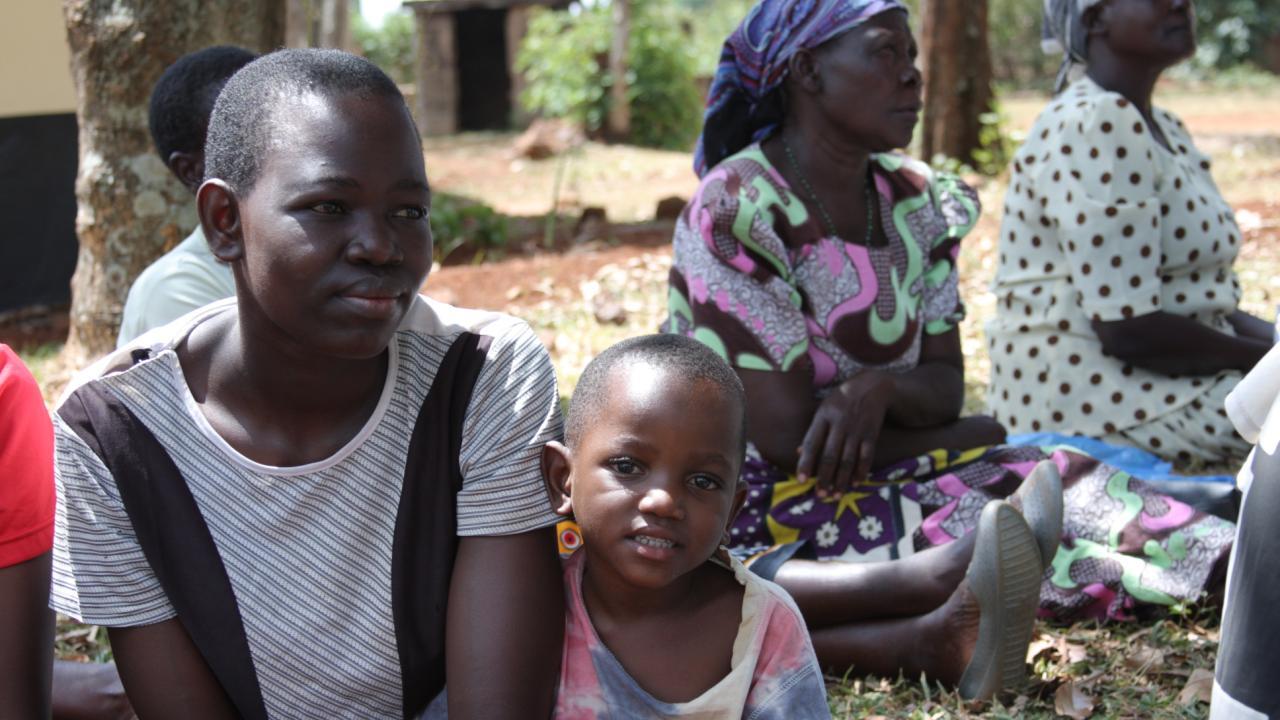
New UC Davis Center to Unlock Agricultural Transformation in Sub-Saharan Africa and South Asia
By Alex Russell, UC Davis
The University of California, Davis, has established the Resilience+ Innovation Facility to spark inclusive agricultural transformation among small-scale farmers in Sub-Saharan Africa and South Asia with a $5 million five-year grant from the Bill & Melinda Gates Foundation.
In Sub-Saharan Africa and South Asia, where small-scale farmers’ livelihoods depend on the food they can grow, climate change has worsened the risk of drought and unpredictable weather. This risk has increased barriers to opportunities to grow more food.
The facility will design and scale integrated approaches that support farmers in becoming more resilient, which can also unlock their ability to transform their livelihoods through agriculture.
“We’re bringing together all of our learning over the past decade to build a concentrated set of efforts we believe will have an outsized impact for rural families around the globe,” said Michael Carter, distinguished professor of agricultural and resource economics at UC Davis and director of the facility.
Inclusive Agricultural Transformation to Counter Climate Change
Agriculture is the main source of food and income millions of people around the world, most of whom farm small plots of land. These farmers are also among the most vulnerable to increasingly extreme weather caused by climate change, limiting their opportunities to benefit from decades of international investments in improving farming practices and technologies to grow more food.
As an agricultural economist, Carter’s research has focused on barriers that keep small-scale farmers from improving their livelihoods or even having enough food to eat. In field studies from around the globe, Carter has consistently found that a high risk of a shock like extreme drought often holds farmers back from investing their scarce resources into improved practices or crop varieties because they can’t risk losing everything.
Carter has also found that when agronomic or financial tools reduce the risk of loss or provide support when times are bad, farmers make those investments, and they reap the rewards at harvest. These two together—resilience to shocks and investments that drive higher productivity—are the foundation of what Carter calls “Resilience+.” Sparking Resilience+ can transform agricultural productivity while underwriting more general economic development.
“We have seen that Resilience+ can lay the foundation for an inclusive agricultural transformation,” said Carter, “meaning that all rural families, even those who have in the past been left out of broader growth, can improve their food security and their future.”